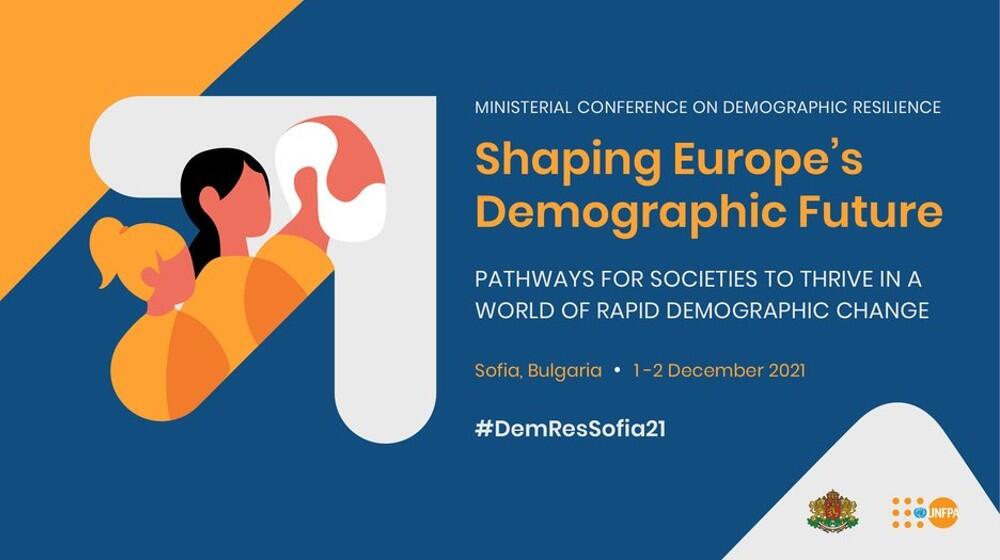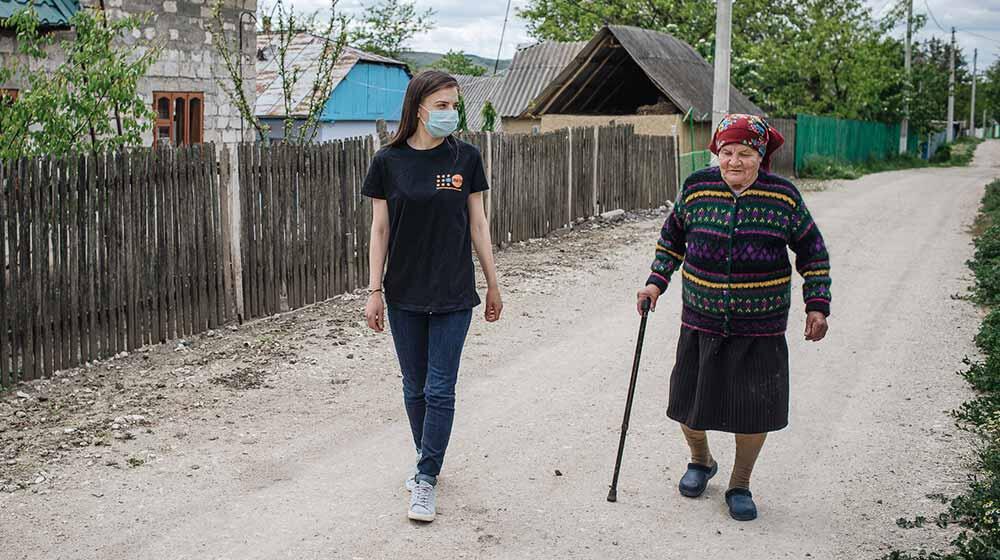Today’s world is more demographically diverse than ever before. While the global population will continue to grow for decades to come, population growth is no longer the overriding reality for all countries. In Europe and East and Southeast Asia, for example, population decline is an increasingly common phenomenon, posing new challenges and opportunities to countries and entire continents. These shifts in population structure are characterised by a fall in fertility, rising life expectancy and population ageing, and the number of countries facing these changes is steadily increasing.
The Global Symposium on Ageing and Low Fertility, co-hosted by UNFPA and Statistics Korea (KOSTAT), places the concept of demographic resilience at the centre of changing demographic trends. Building on the 2021 Sofia Ministerial Conference on Demographic Resilience ‘Shaping Europe's Demographic Future’, the focus on demographic resilience demands a shift from fundamentally negative, reactive and fragmented responses to anticipatory and integrated approaches that focus on building institutions and societies that can thrive in the face of new demographic realities.
The Symposium will bring together approximately 120 parliamentarians, ministers, and policy makers, the United Nations, academia and civil society organisations, for debate and policy discussions on promoting development and supporting reproductive rights and choices in the face of diverse demographic trends.




